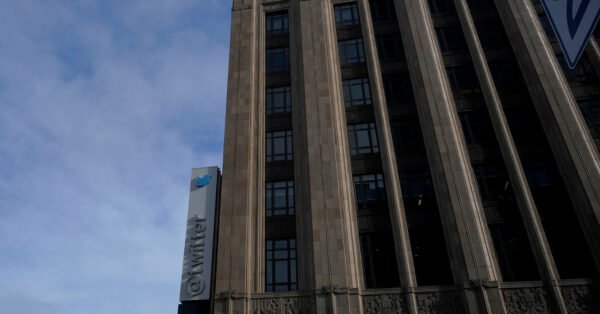Twitter announced on Saturday that it would start charging customers $7.99 a month to receive a “verification mark” on their profiles, one of a series of product changes the company has been discussing since its recent acquisition of Elon Musk.

The ad was included in the grades accompanying a new update of the Twitter application that appeared in the Apple App Store. The notes said that the paid verification system was now part of Twitter Blue, a paid service that people could sign up for on the website.
It said, “Power to the people.” “Like the celebrities, companies, and politicians you already follow, your account will have a blue check mark.”
Elon Mask has $13 billion in debt, with interest payments totaling more than $1 billion annually, to finance its purchase of the firm. Twitter is thus under enormous pressure to lower costs and increase revenue. This week, Twitter lost around 3,700 positions or nearly 50% of the company’s workforce.
Musk and his advisors have been considering many other ways to make more money, like putting some videos behind paywalls or bringing back Vine, a short-form video platform that has since shut down.
The update notes that were made public on Saturday also said that subscribers would get “half the ads and much better ones” and be able to post longer videos on Twitter.
and in a series of tweets On Saturday, Musk said the company was working on an update that would give users the ability to attach long-form text to tweets, which he said would take “the nonsense out of notepad screenshots.”
However, the modification to Twitter’s signature verification method has generated particularly heated debate. In the past, the company gave high-profile people and businesses a blue circle with a white checkmark by hand. With the midterm elections approaching on Tuesday, some advocates of electoral integrity have expressed fears that the new paid verification system could make it easier for bad actors to pose as political candidates or other public figures.
The update notes did not discuss steps Twitter could take to prevent phishing. but asked On Twitter how he would combat that problem, Musk said on Saturday that the company would suspend the imposters and keep their money. If scammers want to do this a million times, that’s just a lot of free money, he said.